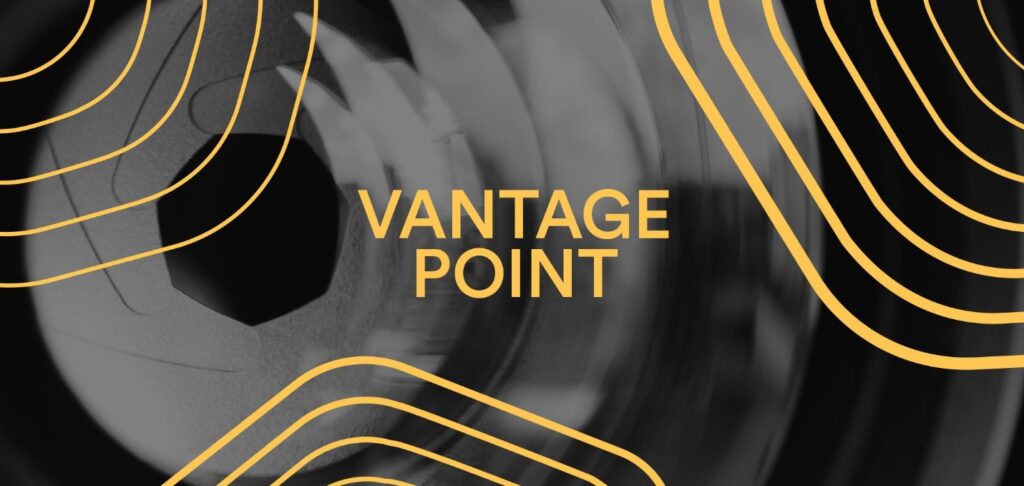Tom Brookes is Executive Director, Strategic Communications at the European Climate Foundation. He joined ECF in 2009, moving from Apple, where he was Director of Government Affairs, Europe, Middle East and Africa. He was also previously press spokesman and political advisor for Microsoft’s General Counsel. He began his career as a journalist.
We are now in the critical decade of the fight to address the climate crisis.
This November will see countries gather from all across the world for COP26. The success of official negotiations, as well as any progressive alliances which emerge, will set the stage for the next few years.
There will be technical negotiations – financing loss and damage, and the increasingly complicated conversation on carbon market mechanisms, being just two of these.
But 2021 brings with it also a strong narrative of social justice, human impact and the possibilities of the green recovery. Translating technical nuance to the public, as well as projecting public concern to the politicians, will be key.
Two years ago, as I hit my 10-year anniversary working in the climate movement, I outlined the 10 key lessons I had learned.
1. We will not win because we are right but because we are organised.
It makes sense that most of us think that if we can just communicate our point in a way that someone else understands, then they will accept the fact that we’re right. In reality, however, that does not work (and, indeed, never has).
Changing perceptions is more important than winning an argument. A united perception can skip over who is right and who is wrong in pursuit of a mutual objective.
2. Good policy doesn’t adopt itself, it’s about politics.
The climate fight is inherently political. There is no actual debate over the science, the causes or the solutions to the climate crisis, only manufactured debate.
This means that the blockers to policy are not a lack of understanding but of power.
3. Don’t mistake access for influence.
When communicators and policymakers work together, they can have conflicting priorities. For example, a policy-led strategy may want to limit communicators’ critique of a policy approach, or communicators may want to push a different, enabling narrative.
To be effective, the inside game has to go hand in hand with the outside game.
4. Don’t see change as linear; no political battle ever ends.
There is a tendency to look for points in the battle that are won, and on which we can therefore stop working. In reality, however, no battle is ever definitively won.
Long-term investment in expertise, infrastructure and capacity is the only way to continue making progress. ‘Winning moments’ are easily reversed, cultural change is not.
5. We often behave like we don’t have an opposition.
Campaign decisions often take for granted that the political system functions, that the public interest is the primary driver, and that, broadly, people want to do the right thing. Some people don’t.
The question: “What will the opposition do next?” should be asked in every strategy discussion.
6. There is no ‘correct’ next step or ‘right’ intervention.
Theory of change is not the right functional alignment; alignment happens around objectives. If a community’s system incentivises collaboration, identifying gaps that need action becomes easier.
7. We have 10 years to prevent catastrophe. Let’s act like it.
We now face the final 10 years in which Earth’s climate stability can be maintained. Let’s be honest with ourselves and everyone else – this isn’t going to be easy.
We have to make the climate fight about mitigation at a scale and pace that can prevent social and political breakdown. That means radical strategies across a huge swathe of sectors.
8. Don’t see the movement as a series of projects, it must be an ecosystem of change.
The movement, and the organisations within it, have a tendency to silo very quickly – but everything is connected.
We can work as an ecosystem, without the endless coordination layers, and with respect for each others’ strengths. Trust the plan and focus on our role.
9. Money needs to be conscious of its power.
Money can dictate what is worked on. It also often follows other money. Both of which can distort strategy. Everyone at every level of the system needs to stay humble.
10. Never allow an institution’s ongoing existence to become its primary objective.
In the business of making change in the world, it is people, beliefs, vision and commitment that matter a lot. Institutions matter less. The continued existence of an organisation is not a remit; it is the difference that an organisation can make that matters. Bet on people, not brands.
Two years on from my original ‘10’ list, these lessons remain true. But I have now added one, potentially more positive, frame.
11. The climate crisis presents an unprecedented opportunity to bring everybody with us.
Let’s be clear that we are not trying to save the planet. We are trying to create a fairly specific view of an ideal civilisation which, in reality, has never before existed.
Paramount to our thinking both in communications and politics must be this: a society that has the best hope of surviving devastating climate impacts will be one that has brought everybody with it.
a society that has the best hope of surviving devastating climate impacts will be one that has brought everybody with it
While the elite decisionmakers hold the cards on policy to mitigate impacts, so empowering an inclusive, just and equitable society to cope with them when they arrive will be every bit as important if we want human civilisation to not just survive, but flourish.
As world leaders gather for COP26, they bring with them proof from the biggest global vaccine rollout in human history.
Firstly, that when politics stops being about the possible and becomes about the necessary, it can function quickly and effectively.
Secondly, that a global crisis requires a global response for everyone to be safe.
As COP26 begins and countries debate their responsibilities and willingness to cooperate, they would do well to remember what this latest crisis has taught us.




